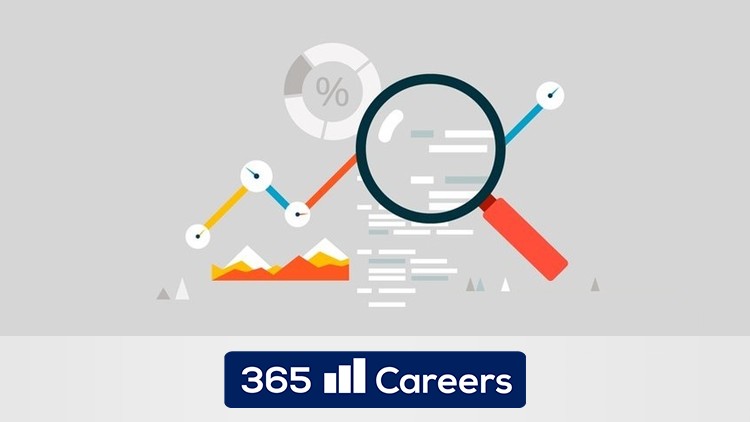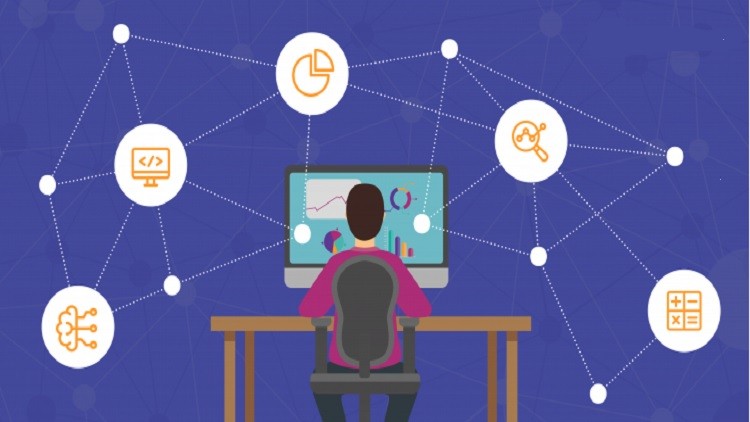Course overview
- Provider
- Udemy
- Course type
- Paid course
- Level
- All Levels
- Duration
- 5 hours
- Lessons
- 8 lessons
- Certificate
- Available on completion
- Course author
- Sai Acuity Institute of Learning Pvt Ltd Enabling Learning Through Insight!
-
- You will gain a firm foothold of the fundamentals of Data Science.
- You will understand the important terminologies and statistical methods in data science
- You will understand the mathematics and statistics behind Machine Learning
- You will learn how to pre-process data
- Apply your skills to real-life business cases
- You will learn what percentile is with the help of examples
- Probability tells us how often some event will happen after many repeated trials, we start off with an introduction to this interesting topic.
- Learn the fundamental concepts of descriptive statistics
- You will learn how to collect data, how to visualize data, how to predict or explain different behaviors and events and how to find ideas for data research.
Description
A Data Scientist dons many hats in his/her workplace. Not only are Data Scientists responsible for business analytics, they are also involved in building data products and software platforms, along with developing visualizations and machine learning algorithms
Data Analytics career prospects depend not only on how good are you with programming —equally important is the ability to influence companies to take action. As you work for an organization, you will improve your communication skills.
A Data Analyst interprets data and turns it into information which can offer ways to improve a business, thus affecting business decisions. Data Analysts gather information from various sources and interpret patterns and trends – as such a Data Analyst job description should highlight the analytical nature of the role.
Key skills for a data analyst
A high level of mathematical ability.
Programming languages, such as SQL, Oracle and Python.
The ability to analyse, model and interpret data.
Problem-solving skills.
A methodical and logical approach.
The ability to plan work and meet deadlines.
Accuracy and attention to detail.
Similar courses

-
30 hours
-
488 lessonsCertificate

-
21 hours
-
218 lessonsCertificate


